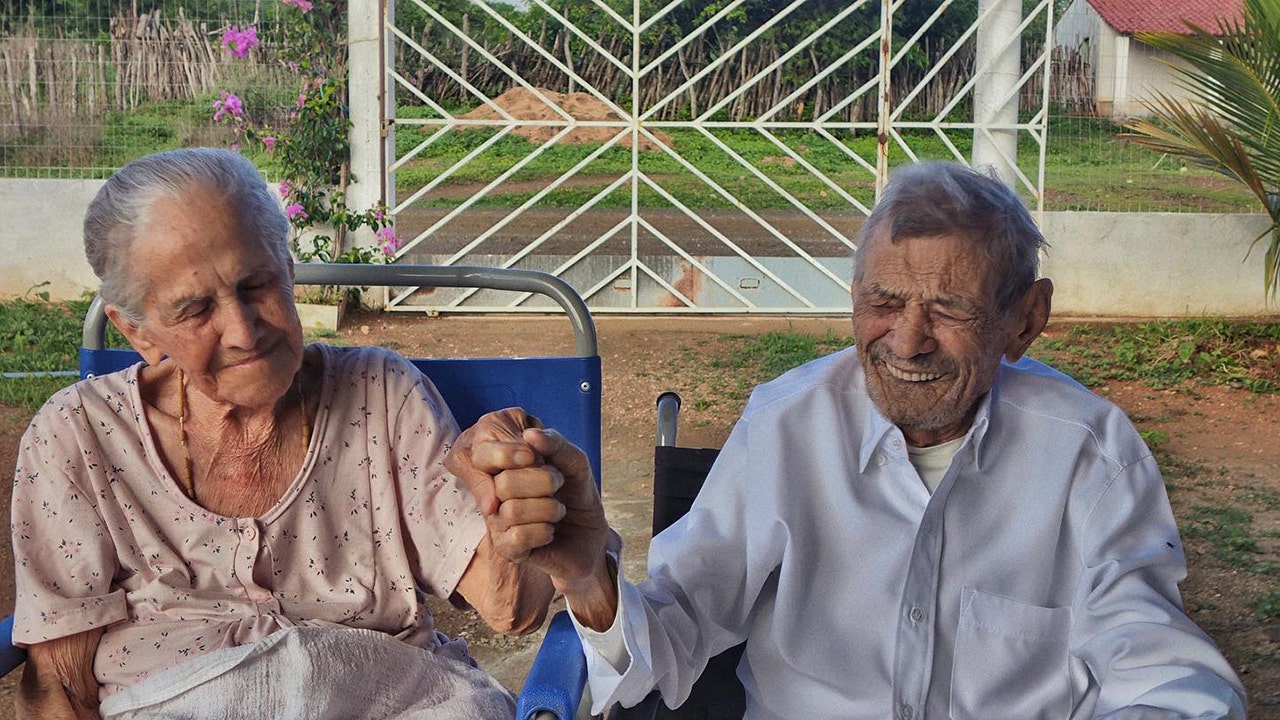WARSAW – Poland’s parliament is finally holding a long-awaited debate on liberalizing the country’s strict abortion law. The traditionally Catholic nation has one of the most restrictive laws in Europe — but the reality is that many women terminate pregnancies at home with pills mailed from abroad.
Lawmakers in the lower house of parliament will consider four different proposals on Thursday. Currently abortion is regulated by a 1993 law, which was heavily influenced by the Catholic church, and further restricted following a 2020 constitutional court ruling preventing abortion in case of fetal abnormalities.
Prime Minister Donald Tusk, who came to power in December after eight years of a conservative government, has vowed to legalize abortion until the 12th week of pregnancy. He has said the decision is a woman’s to make, not that of “a priest, a prosecutor or a party official.”
Many Tusk voters hoped lawmakers would have taken up the matter sooner. But conservatives in Tusk’s three-party governing coalition pushed to keep the hot-button issue off the agenda until last weekend’s local elections were over.
Either way, an uncertain path awaits those who would like to liberalize the law. Surveys show public support for a more liberal law, but those fighting for the status quo have also mobilized, with an anti-abortion group planning a march through downtown Warsaw on Thursday afternoon as the debate is underway.
Crucially, conservative politicians hold key political positions with the power to block change.
One is President Andrzej Duda, who holds the veto power over legislation and who already last month vetoed a law that would have allowed over-the-counter access to the morning-after pill for girls and women ages 15 and above.
The other is the speaker of parliament, Szymon Hołownia, who had once considered becoming a Dominican friar. Abortion rights advocates accuse him of violating the will of the voters by keeping the issue off the agenda for months.
“He is a Christian fundamentalist abusing his power as the speaker of parliament,” said Marta Lempart, head of the Women’s Strike, a group that organized mass protests in recent years while the previous right-wing government pushed to restrict abortion rights.
Recalling the record high voter turnout last fall, when nearly 75% of voters cast ballots, she accused the speaker of “spitting in the face” of all those who turned out to vote.
After what is expected to be a heated debate, lawmakers are to vote Friday on whether to move forward with the proposals by sending them to a special commission for further work.
Under the current law, doctors in Poland can only provide abortions if a woman’s health or life is at risk or if the pregnancy results from a crime. However, doctors often will not perform abortion even when they are permissible under the law.
There have been cases in recent years of women with troubled pregnancies who died after doctors prioritized keeping the fetuses alive.
In the case of rape, women have a legal right to abortion if they report the crime to the prosecutor’s office.
In practice, no woman has done so for the past 10 years due to the double stigma of acknowledging the rape publicly and seeking an abortion, said Natalia Broniarczyk, an activist with Abortion Dream Team, one of several groups that helps Polish women obtain abortion pills from abroad or travel abroad for the procedure.
“There is no trust in the official system,” she said.
Broniarczyk estimates that there about 120,000 abortions per year among women in Poland — some 50,000 provided by her group alone.
By contrast, 161 legal abortions were performed in hospitals in Poland in 2022, according to Health Ministry statistics. Broniarczyk said half of them were performed by a single female gynecologist who was willing to perform legal abortions when other doctors and hospitals turned women away.
Another Polish activist who helps provide abortions is activist Kinga Jelińska with the group from Women Help Women. She runs a helpline from the Netherlands and sends pills to Poland.
Jelińska, in Warsaw this week for the debate, said the network of groups helping women have abortions at home are the only ones in Poland who follow World Health Organization guidelines on abortion care, which stress the use of pills as the safest abortion method.
Under the law, it’s not a crime for women to end their pregnancies but it’s a crime, punishable by three years in prison, for anyone to assist a woman in terminating her pregnancy.
In one closely watched case, a Warsaw court last year convicted an activist, Justyna Wydrzyńska, for helping a woman access pills. She was ordered to do community service.
A bill proposed by the Left would decriminalize such assistance. Two other bills, one drafted by the Left and the other by Tusk’s Civic Coalition, propose legalizing abortion up to the 12th week of pregnancy.
A fourth bill, introduced by the parliament speaker’s conservative political grouping, the Third Way, would return Poland to the pre-2020 situation, meaning women could once again terminate pregnancies on the basis of fetal defects but most restrictions on abortions would remain.
Copyright 2024 The Associated Press. All rights reserved. This material may not be published, broadcast, rewritten or redistributed without permission.





